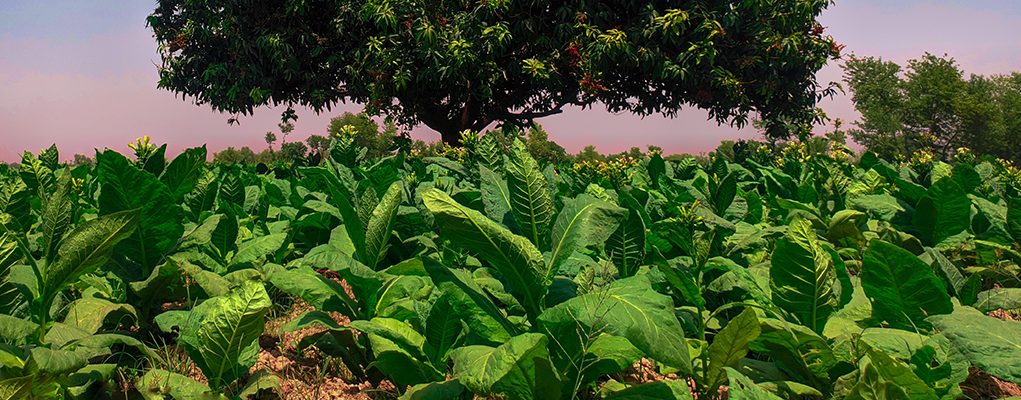In response to a journalist’s comment about the fact that some African countries rely on tobacco production, Stimson warned that any tobacco-dependent countries which will delay moving away from the ‘green gold’ would have disastrous effects on their economies in a not so distant future from now.
“I know there are some countries in African such as Malawi that heavily rely on tobacco production. But by now, Malawi should be thinking about agricultural transformation. The question these countries that depend on tobacco should be considering is: What does the future of tobacco production look like for them?” he emphasized.
Malawi urged to consider switching to cannabis
Echoing the expert’s arguments, Malawi President Lazarus Chakwera recently urged the local tobacco industry to switch to high-growth crops like cannabis. The President’s comments were made during a state of the nation address in which he said that tobacco was expected to generate less than $200 million in 2021. The figure is roughly similar to the past two years but well below the annual earnings of previous years which used to top $350 million.
“The inconvenient truth … is that while Malawi has come a long way by relying on tobacco as our … largest single crop contributor to our GDP, this reliance is now seriously threatened by declining demand worldwide,” said Chakwera. “Clearly we need to diversify and grow other crops like cannabis, which was legalized last year for industrial and medicinal use,” he added.
Similarly, neighbouring Zimbabwe’s government has amended local regulations to encourage similar changes. Data from 2019 released by the industry regulator Tobacco Industry and Marketing Board (TIMB), has indicated that after 53 days of trade, tobacco sales were at $292,8 million, down from $523,5 million achieved last season. Similarly, deliveries were down by 12% at 157,7 million kg from 180,3 million kg delivered in the same period last year. Naturally, this means that the price being offered for the crop is also lower than last year at an average of $1,85 per kg, down from $2,87 per kg.
Read Further: Nyasa Times
Will South Africa’s New Cigarette And Vape Laws Reduce Harm?












